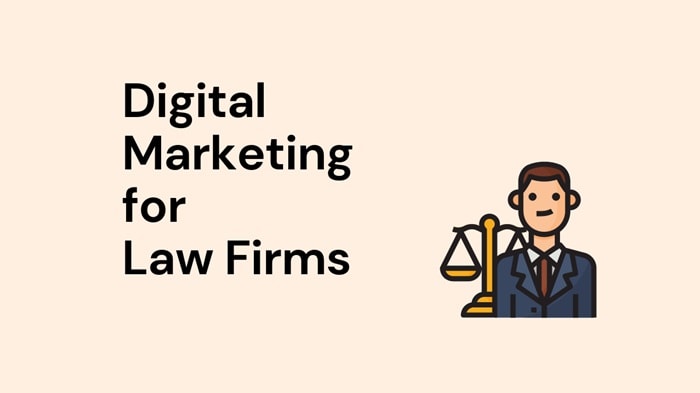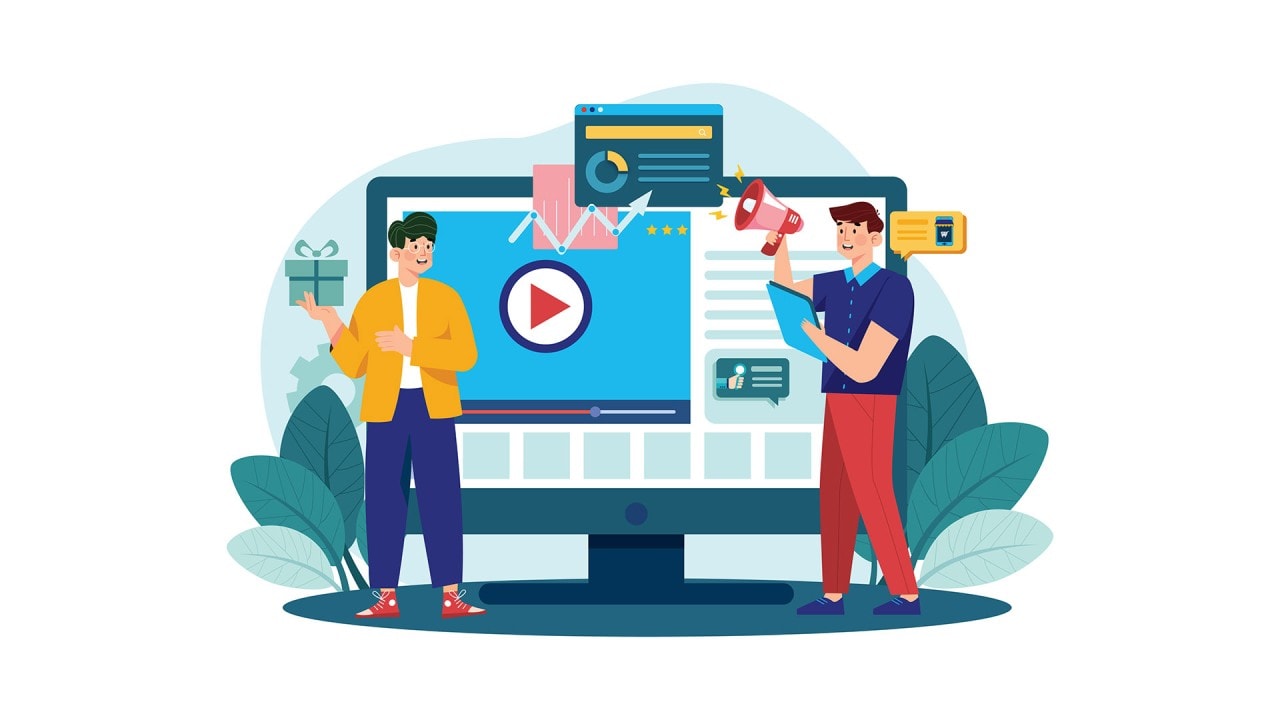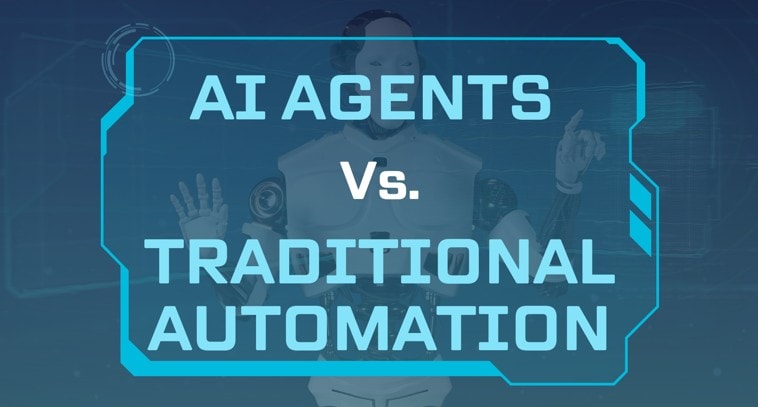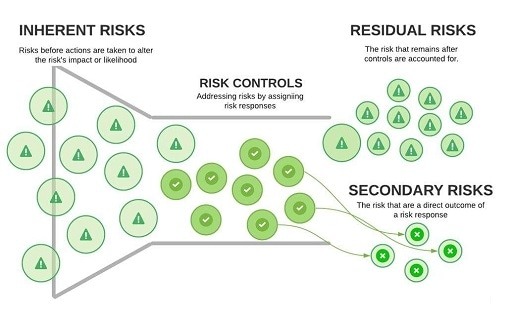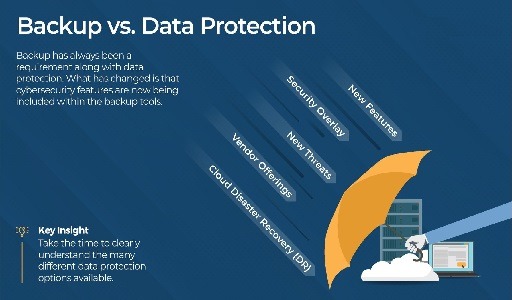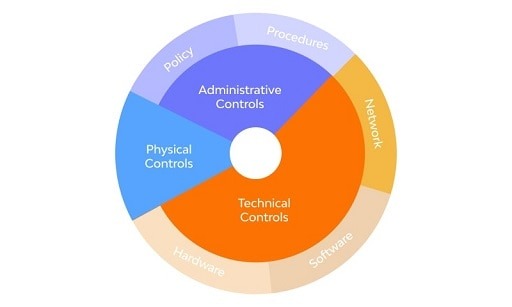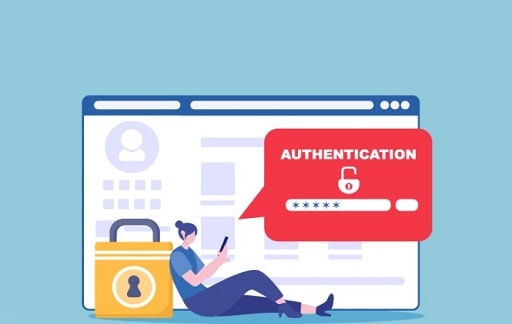Advantages of using Email Encryption: If you don’t have an email account, it will be extremely difficult for you to utilize a computer or a smartphone. The vast majority of us have a few, and we use them for a number of purposes, including registering for social media sites, signing up for newsletters, connecting with friends and colleagues, and so on.
On the other hand, prominent email services such as Gmail, Outlook, and Yahoo are missing crucial security measures. The solution to this problem is the use of encrypted email services.
If you’re still debating whether or not to use one, consider these four arguments in favor of making the switch.
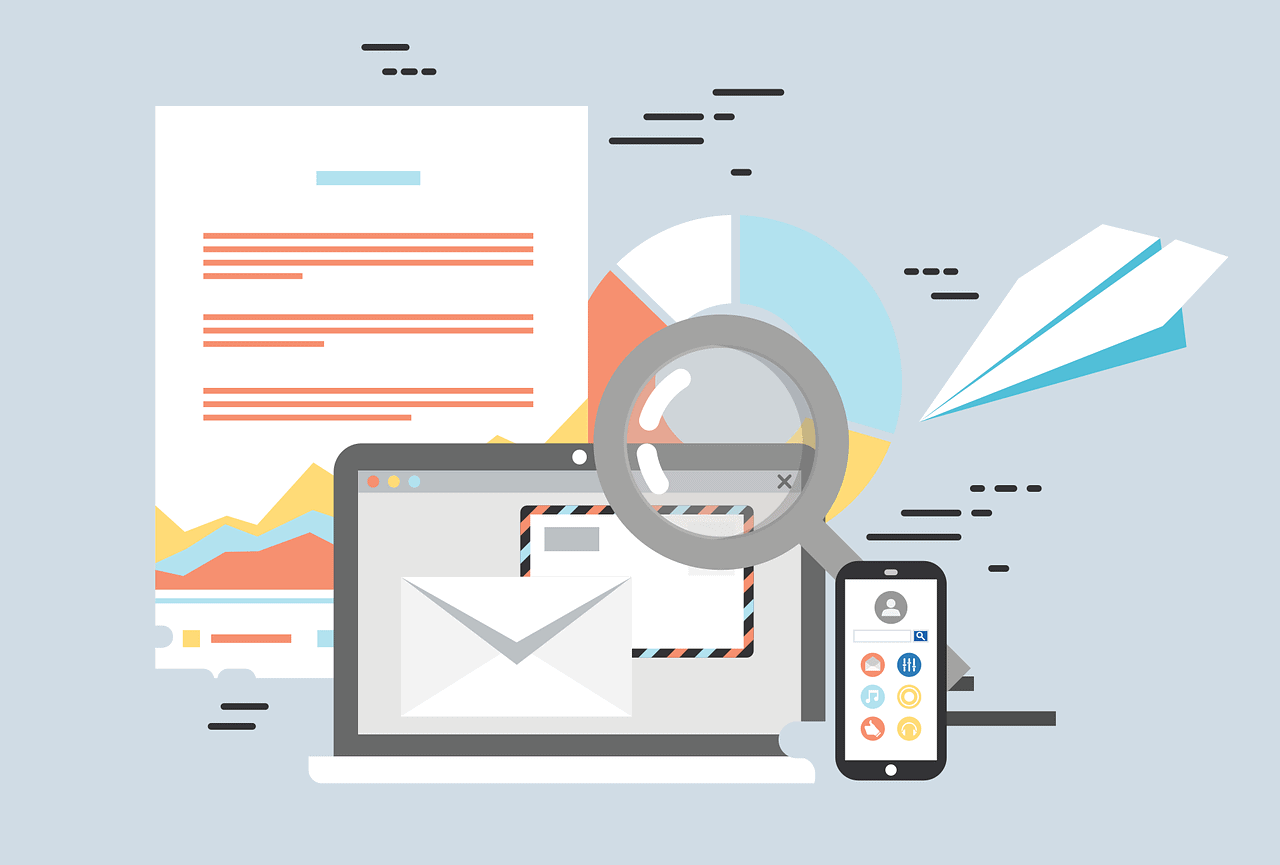
An Increase in Confidentiality
When you sign up for an email account with a firm such as Microsoft, Yahoo, or Google, you will be asked to enter personal information such as your first and last names, location, and phone number.
However, even if you figure out a means to get past that or furnish these companies with bogus information, they will still monitor you.
They will do so in a manner that is very intrusive, acquiring information on your device and operating system, location, age, gender, shopping habits, interests, marital status, income, and other aspects of your life.
To their credit, technology companies such as Microsoft, Google, and Yahoo, along with many others, are rather forthright about the activities they engage in; if you want, you can peruse their privacy rules and see for yourself.
Your data will still be gathered, and it is possible that it will be shared with marketers and other third parties, despite the fact that it is true that you can disable some tracking via the settings menus and other such mechanisms. Providers of encrypted email do not operate under this assumption.
Encrypted email services are developed in such a way that they not only do not violate user privacy but really improve upon it.
They support end-to-end encryption, and they have several privacy measures in place, which makes it practically impossible for anyone to access your emails or follow you in some manner. Secure email providers do not gather or share a considerable quantity of user data.
More Safety and Security
The widely held belief that giant corporations with enormous funds have superior security should be put to bed once and for all. If you keep up with the news on a regular basis, you’ve probably already come to the conclusion that major data breaches occur at least once every month, if not more frequently.
Technology behemoths are more susceptible to every form of cyber danger imaginable because they have larger attack surfaces than smaller enterprises.
On the other side, encrypted email service providers offer a higher baseline level of protection. Not only due to the fact that they are run by relatively small teams but also due to the fact that their systems are constructed with security in mind.
To begin, the vast majority of them implement zero-access encryption, which ensures that no one other than the user has access to any sensitive data.
Users of Gmail and other services like it are required to set up passwords that are often quite complicated and include security features like two-factor authentication.
This is undoubtedly something to be commended, but providers of encrypted email also make use of safe remote password procedures and make use of the most robust encryption algorithms that are now available.
If I may put it another way, even in the extremely improbable case that there was a security breach, hackers would not be able to access your personal information if you are using a good encrypted email provider.
If you use a standard one, there is always a danger that some of your personal information will be posted on the dark web.
Independence from the Big Tech
The business models of big technology businesses are largely predicated on the collection of user data. They are answerable to the government of the United States, which frequently exerts pressure on them to disclose information regarding their clients.
In addition, it has been demonstrated beyond a reasonable doubt that the items they sell are neither secure nor confidential. If that isn’t enough to convince you to steer clear of them, there is credible proof that they have monopolized several markets in the technology industry.
Smaller companies whose business strategies include more than monetizing people’s data and destroying competition through market monopolization and other unfair practices deserve your support if you are concerned about your online privacy and cybersecurity in any capacity.
You should make an effort to stay away from Big Tech and support smaller companies instead of supporting Big Tech.
Even if the situation of the technology industry is the last thing on your mind and all you want is a dependable email service, mainstream providers do not offer anything that encrypted email providers do not give. Their products are, if anything, inferior, and they come with the additional baggage of security flaws and features that invade users’ privacy.
Protection from Government Surveillance
When it comes to government surveillance, the fact that serious whistleblowers, activists, dissidents, or investigative reporters do not use Gmail or Yahoo to transmit sensitive material tells you everything you need to know about these platforms.
One company, Google, for example, makes it abundantly apparent on its corporate website that it has the right to comply with requests from government agencies and send over user information. Other technology businesses aren’t much of an improvement, with a few notable exceptions here and there.
Providers of encrypted email are the complete antithesis of this. Even though it is always a good idea to read over a company’s terms of service and privacy policy before using its products, the vast majority of encrypted email services adhere to a policy that requires them to refuse to comply with demands from the authorities.
Majority of them have their headquarters located outside of the United States, in nations that have more stringent privacy rules.
For instance, the country of Switzerland, which is home to some of the most stringent privacy rules in the world, is where ProtonMail calls home. Both Tutanota and Mailfence have their servers located in Europe; however, Tutanota’s servers are in Germany, and Mailfence’s headquarters are in Belgium, another European nation that has stringent privacy rules. In the meantime, Disroot is headquartered in the Netherlands, and Posteo is located in Germany as well.
This is not to say that European governments are not interested in keeping tabs on their own citizens; they most certainly are.
However, the agencies that these governments employ simply do not have as much room for maneuver as, for example, the Federal Bureau of Investigations and the Department of Homeland Security do in the United States.
For instance, in 2022, The Intercept reported that the Department of Homeland Security (DHS) has put in a lot of effort throughout the years to monitor and restrict the flow of information on Twitter.
Use Email Encryption Service for your safety.
There is not really much of a conundrum when one is presented with the option of utilizing a standard email provider or an encrypted email provider. Email services that are both secure and encrypted provide additional features in addition to those offered by standard email providers. However, this does not imply that they are without flaws.
There is no such thing as an impenetrable security system, nor is there such a thing as a flawlessly designed computer program. And because their business strategies are not focused on collecting user data, most encrypted email providers offer very limited functionality for free.
This is because their business models are not based on collecting user data. Nevertheless, you should strongly consider making the transfer to them because they are a far better option than the standard carriers.
Would you like to read more about the advantages of using email encryption-related articles? If so, we invite you to take a look at our other tech topics before you leave!


